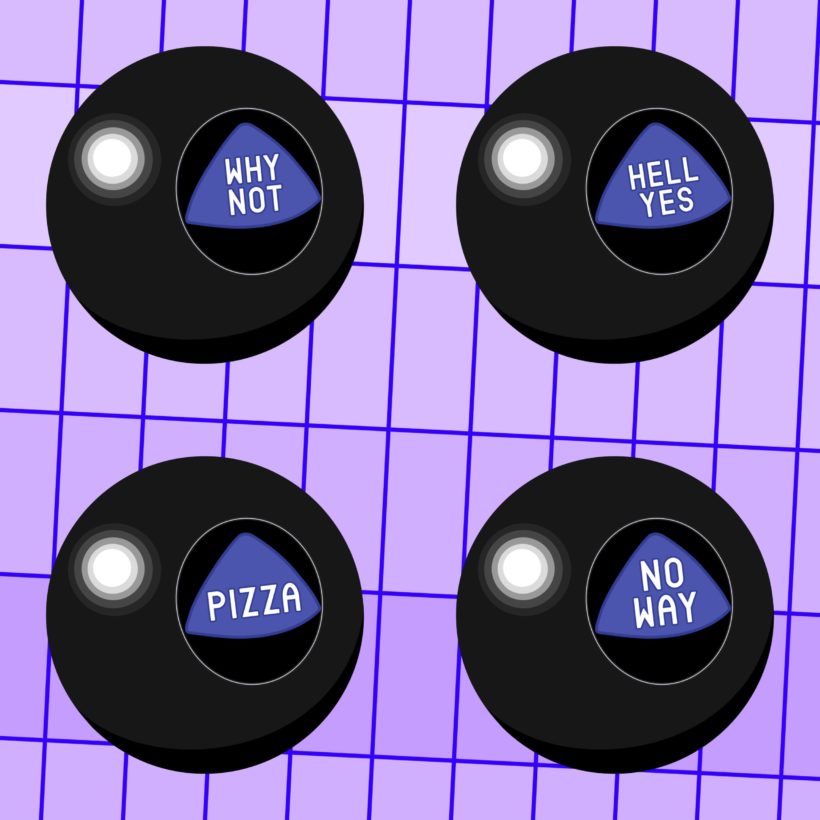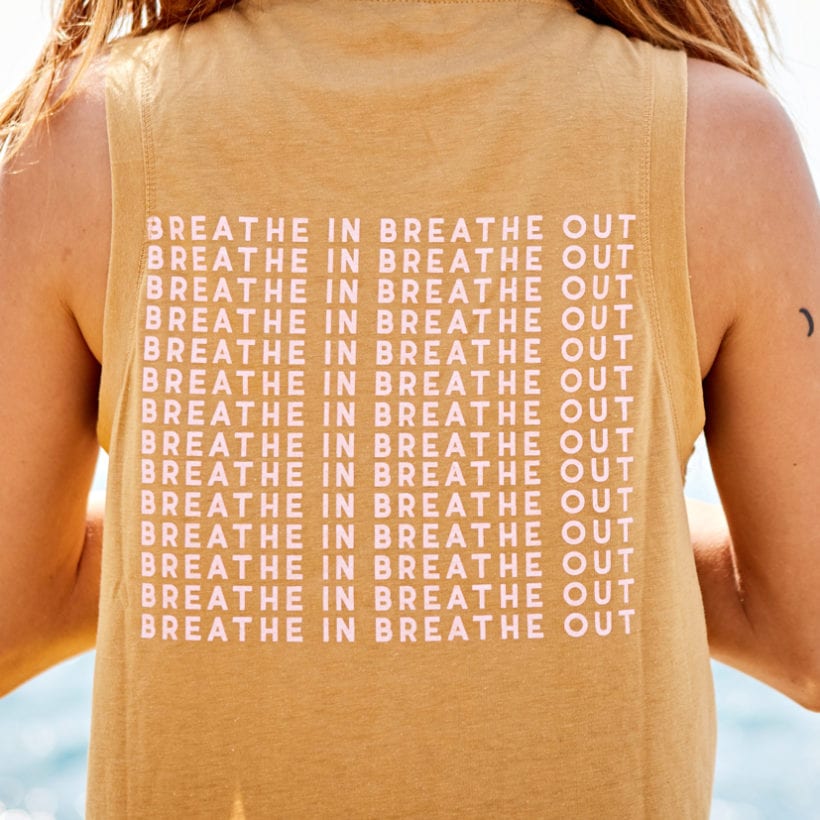When you need to make an important decision, do you tackle it head-on, check it off your to-do list, and move forward? Or, do you take your time, weigh all options extensively, fret over everything, ask for others’ advice, and still feel anxious? If you’re part of the latter group, you might have decision paralysis, which is an all-too-common experience for many people. This inability to arrive at one choice or the other can leave you feeling stuck and nervous, and worse yet, impact your self-confidence and mental health.
If you identify with these feelings, remember, you’re not the only one. And luckily, according to the experts, there are ways to process, let go, and trust yourself and your capabilities. Here’s how:
What is decision-paralysis?
By definition, decision-paralysis is when you can’t make a choice, no matter how hard you try. As the name suggests, you could feel ‘paralyzed’ to make a decision, leaving you feeling emotionally drained, trapped, and overall unhappy, says Dr. Yvonne Thomas, Ph.D., a Los Angeles-based psychologist. Though not in all cases, this usually happens when you have too many options and become instantly overwhelmed.
“The more options you have, the more difficult it can be to logically weigh out the pros and cons of the different options and make a choice,” she continues. “You might not be able to think as clearly or objectively about all sides because you have too much information or you are not clear enough of your priorities or values.”
Decision paralysis can also occur when your emotions dominate or cloud your judgment. As a result, this can be a very energy-draining experience that slows down or stops you from making a decision or putting it into action, Dr. Thomas says.

For instance, you are thinking of returning to graduate school and getting into ten different programs. Now, you must decide which one is the best fit for your career aspirations. If you have decision-paralysis, this could be a monumental task that feels nearly impossible to tackle, and ultimately, could cause you to make no choice whatsoever. On a smaller scale, you could feel paralyzed by deciding what to eat for dinner, what chores to do this weekend, and so on. These may seem meaningless, but for those who suffer from decision-paralysis, it can cause significant anxiety.
How can you avoid or work through decision-paralysis?
First, take a deep breath, and remember you are smart, you can make good choices, and you will make them in the future. Here, a guide to working through your mental block and saying ‘buh-bye’ to decision-paralysis:
Break down the options.
If a decision seems way too much to handle, it’s probably because you haven’t broken it down into digestible segments. Rather than trying to take it all on at once, Dr. Thomas recommended separating different parts of the options and going step-by-step. For instance, you can write a list of the pros and cons of the top three choices you are deciding between. “Rather than pick the option which has the most pros and the least cons, it is more healthy to pick the option which reflects the most important needs of the situation and/or your values,” she shares. “By doing this, logic has a better chance of prevailing over emotion when making the decision.”
By doing this, you are also less likely to get overwhelmed and lost in too many details and too many options to decide between.
Remember, you can only control what you can control.
The most significant source of anxiety is not having control
The most significant source of anxiety is not having control. And while it’s easier said than done, as much as you can, remember that no one has complete control over everything, and some things are simply out of your hands, reminds Jennifer S. Heslop, a certified leadership coach. Once you have gone through the decision-making process, try not to think of the coulda, would or shoulda. “For those of us who have decision paralysis, being unable to control the outcome is the most harrowing. There’s a tendency to ruminate over your decisions after you’ve made them,” she continues. “But, you’ve done your due diligence, researched, refined, prepared for, and now you’ve made the final decision. It’s done, out of your hands, and you can’t turn back time. Stay present, move forward.”
Find the source of your overthinking and overanalyzing.
Another way to avoid and work through decision-paralysis is to understand the source of overthinking and overanalyzing. Decision-paralysis doesn’t come from nowhere — often, it’s based on past experiences or trauma you haven’t dealt with yet. For instance, Dr. Thomas says maybe you made the wrong decisions about important things before, and you now don’t trust your instincts. Or, perhaps you previously made decisions that unintentionally offended or hurt others’ feelings. “Whatever the underlying reason is that’s causing a person’s decision-paralysis, it can be beneficial to have a psychologist assist you with identifying and then working through the origins of the decision-paralysis to decrease the occurrence of this problem,” she recommends.

Set a decision deadline for yourself.
One way to motivate yourself to move forward is to set a deadline. These are effective in work and in life since you are accountable to another person for your deliverables. However, when you are only relying on yourself, you may delay your choice-making. Mark a deadline in your calendar, on your phone, set a timer, or do whatever you need to do to ensure you bite the bullet. “For small decisions, like where to go for dinner, set a deadline of five minutes,” Heslop says. “If you can, go to a quiet space and run through the options and choices, come to a conclusion of what is the choice that may yield the most positive outcome. For big decisions, extend the deadline time but stick to it.”
Trust your gut.
Last but not least, don’t discount that feeling in your gut. More often than not, when people say ‘I don’t know,’ they actually do know, but they are nervous to trust it, says Tiffany Hardin, a wellness expert, and entrepreneur. “The knot in your stomach, a fast heartbeat, a flushed face are all physiological responses that can be interpreted if we tune in,” she says. “If your body is giving you a response — listen up! It may sound strange, but fight or flight responses happen in even the most non-violent of decisions. Trust your own voice, and make full-bodied decisions.”







